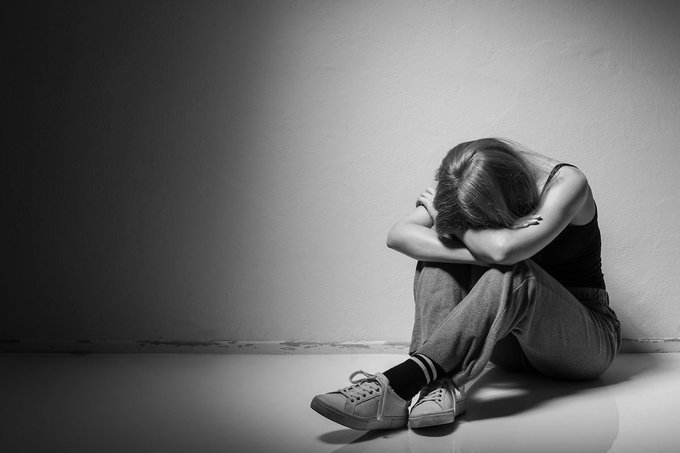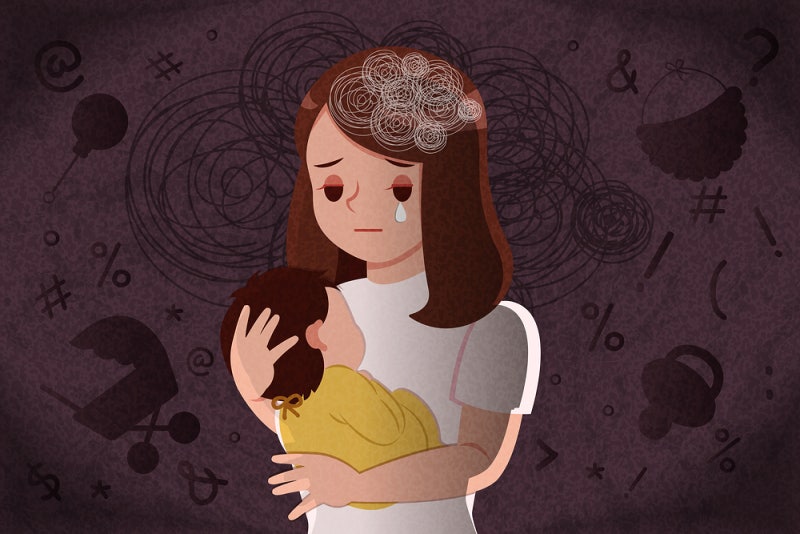The Root Causes of Postpartum Depression: Understanding the Triggers
The Root Causes of Postpartum Depression: Understanding the Triggers
Introduction
Postpartum depression (PPD) affects millions of new mothers worldwide, yet its root causes are often misunderstood. It is more than just a case of the “baby blues” and involves a complex interplay of physical, emotional, and social factors. In this blog, we’ll explore the fundamental causes of postpartum depression to help new mothers and their families better understand and address this condition.
1. Hormonal Changes
One of the primary causes of postpartum depression is the rapid hormonal shifts that occur after childbirth.
- Estrogen and Progesterone Decline:
- During pregnancy, estrogen and progesterone levels are elevated to support the baby’s development. After delivery, these hormone levels drop drastically, leading to mood changes.
- Thyroid Hormone Fluctuations:
- Postpartum thyroid dysfunction can lead to fatigue, irritability, and depressive symptoms.
Impact: These hormonal changes affect neurotransmitters in the brain, such as serotonin, which plays a key role in regulating mood.
2. Physical Changes
The physical toll of childbirth can also contribute to postpartum depression.
- Exhaustion:
- The physical demands of labor and sleepless nights caring for a newborn leave many mothers feeling drained.
- Pain and Recovery:
- Healing from a vaginal delivery or C-section can be challenging, especially if complications arise.
- Body Image Issues:
- Changes in weight, stretch marks, and physical appearance can lead to a loss of confidence or feelings of inadequacy.
3. Emotional Factors
Emotional stress and psychological challenges can trigger or worsen postpartum depression.
- Parenting Anxiety:
- First-time mothers often feel overwhelmed by the responsibility of caring for a newborn, doubting their abilities or decisions.
- Bonding Challenges:
- Difficulty bonding with the baby due to exhaustion or breastfeeding struggles can lead to guilt and frustration.
- Unrealistic Expectations:
- Many mothers feel societal pressure to “have it all together,” which can exacerbate feelings of failure when things don’t go as planned.
4. Lack of Social Support
Social isolation and insufficient support from family and friends can increase the risk of postpartum depression.
- Spousal or Partner Dynamics:
- A lack of understanding or support from a partner can leave mothers feeling alone and undervalued.
- Limited Help:
- Without assistance with childcare, household chores, or emotional support, the burden on new mothers can become overwhelming.
- Cultural Expectations:
- In some cultures, mothers may face criticism or stigma when expressing feelings of sadness or exhaustion.
5. Personal and Medical History
Certain pre-existing conditions or life circumstances can predispose women to postpartum depression.
- History of Mental Health Issues:
- Women with a history of depression, anxiety, or bipolar disorder are at higher risk.
- Traumatic Birth Experience:
- Difficult or unexpected complications during labor can lead to feelings of fear and helplessness.
- Family History:
- A family history of depression or other mental health disorders can increase susceptibility to PPD.
6. Sleep Deprivation
Sleep deprivation is a major contributor to postpartum depression.
- Interrupted Sleep Patterns:
- Frequent night feedings and baby care leave little opportunity for restorative sleep.
- Cognitive Impairment:
- Chronic sleep deprivation affects decision-making, mood regulation, and emotional resilience.
7. Hormonal and Brain Chemistry Interactions
Postpartum depression is linked to complex interactions between hormones and brain chemistry.
- Cortisol Levels:
- Elevated stress hormone levels after childbirth can exacerbate feelings of anxiety and irritability.
- Serotonin Dysregulation:
- Hormonal changes can reduce serotonin production, leading to mood disturbances.
8. Socioeconomic Stress
Financial concerns and external stressors also play a role in postpartum depression.
- Economic Pressure:
- Concerns about finances, medical bills, or returning to work can heighten stress.
- Work-Life Balance:
- The pressure to balance a career with parenting responsibilities can feel overwhelming.
- Access to Care:
- Limited access to healthcare or mental health services can prevent timely intervention.
9. Cultural and Societal Influences
Cultural norms and societal expectations can add to the emotional burden of postpartum depression.
- Pressure to Perform:
- Mothers are often expected to prioritize their baby’s needs while neglecting their own well-being.
- Lack of Awareness:
- In many societies, PPD is stigmatized or misunderstood, leaving mothers reluctant to seek help.
10. Genetics and Biological Factors
Emerging research suggests that genetics may also play a role in postpartum depression.
- Inherited Risk:
- Genetic predispositions to depression or anxiety can make some women more vulnerable.
- Inflammation and Immune Response:
- Postpartum inflammation and changes in the immune system may contribute to depressive symptoms.
Conclusion
Postpartum depression arises from a combination of hormonal, physical, emotional, and social factors. Understanding these root causes can empower mothers, families, and healthcare providers to identify symptoms early and implement effective interventions. Remember, postpartum depression is a treatable condition, and seeking help is a vital step toward recovery.
Call to Action
Do you or someone you know struggle with postpartum depression? Share your experiences in the comments, and follow this blog for more insights into maternal mental health and parenting.






Comments